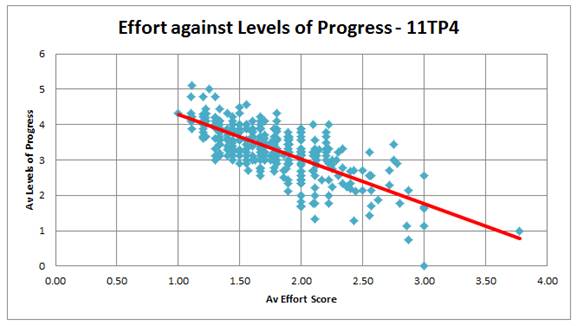Image: @jasonramasami
What follows is a write-up of my #TLT15 presentation on ways of challenging students without making the content unachievable. Enjoy.
*
In 1997, Strack and Mussweiler conducted a study into what is known as the ‘anchoring effect’ – the finding that we tend to let the first piece of information we receive about a subject influence our subsequent judgements about that subject. In their study, participants were asked whether Mahatma Gandhi died before or after the age of 9 or before or after the age of 140. Participants were then asked to guess how old Gandhi really was when he died. Even though the two original questions were plainly absurd they had an interesting effect on the later estimate: the average guess of the ‘before or after 9’ group was 50, the average of the ‘before or after 140′ group was 67.
The anchoring effect is a robust…
View original post 1,067 more words















